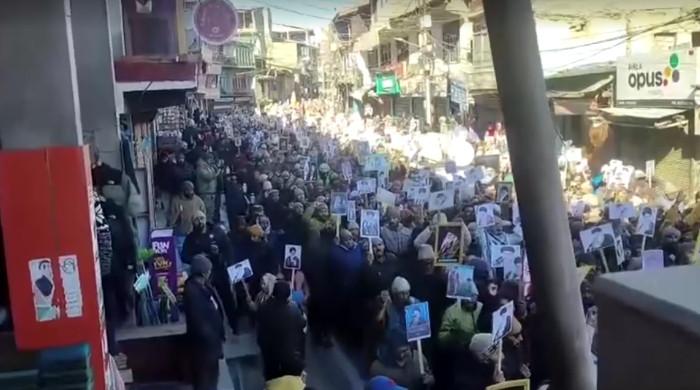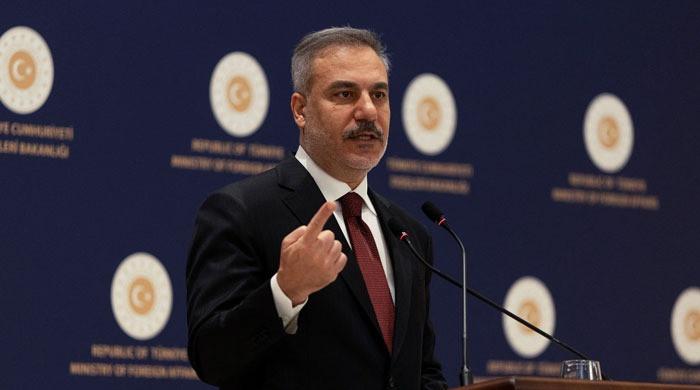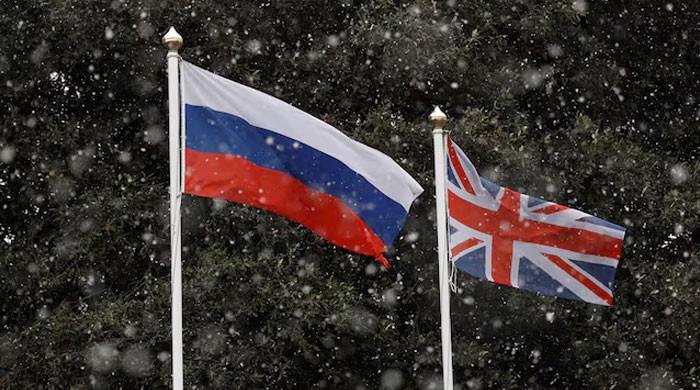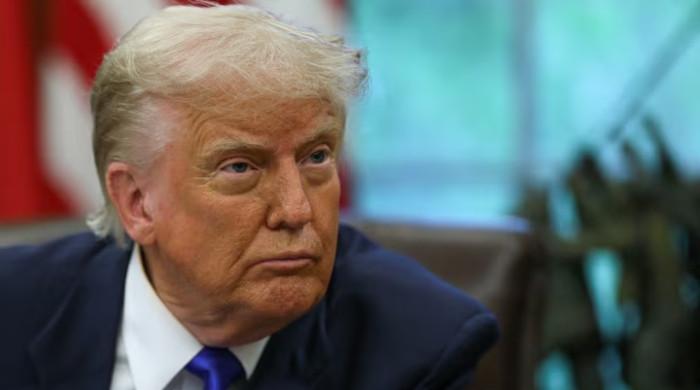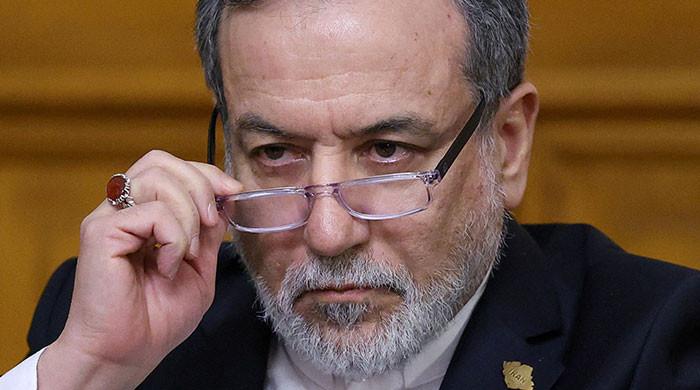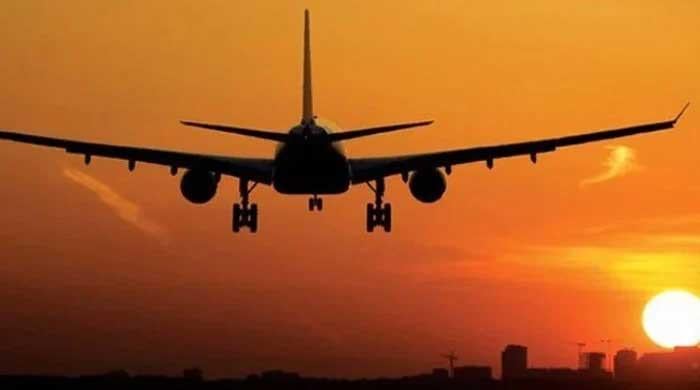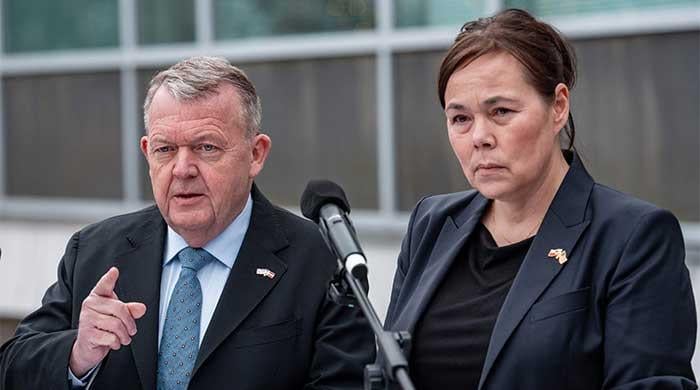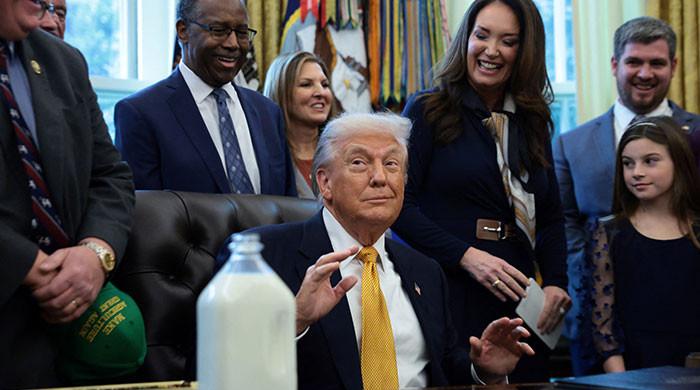Wagner mutiny: China contends with weakened Putin
"China has already been surprised at Russia's poor military performance in Ukraine," says Susan Thornton
June 26, 2023
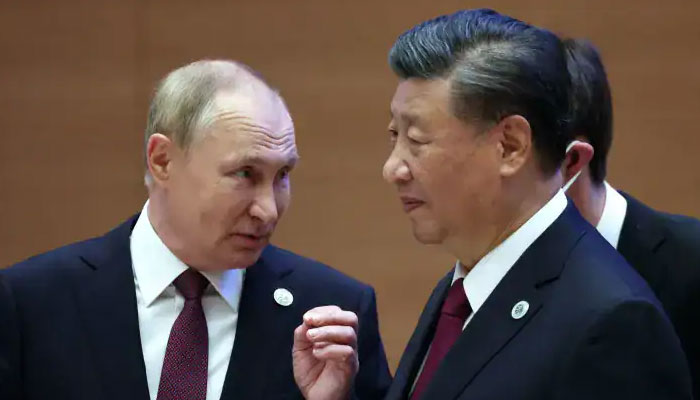
The recent security crisis in Russia triggered fears in Beijing that a strategic partner central to its global ambitions is not as stable as it hoped, analysts say.
Since facing international isolation following Moscow's invasion of Ukraine in February last year, China has become Russia's key ally. Chinese President Xi Jinping, during a summit held in the Russian capital, declared that the ties between the two nations were "entering a new era".
Beijing's concerns come as a new crisis unfolded in Moscow over the weekend, which involved an attempted coup by Yevgeny Prigozhin, the head of the private mercenary group Wagner.
China weighed in on Sunday evening — well over 24 hours after the mutiny began — with Beijing pledging its support for Russia's efforts in "protecting national stability".
The foreign ministry also said the issue was an "internal affair".
By the time the ministry issued its statement, the rebellion in Russia had been quelled, with the Kremlin announcing Prigozhin would leave for Belarus and that Moscow would not prosecute him or Wagner's members.
Analysts say they believe Beijing opted for a "wait-and-see" approach to the crisis, driven in part by an understanding that the rebellion exposed fissures in Putin's grip.
"China has already been surprised at Russia's poor military performance in Ukraine," Susan Thornton, a former senior US diplomat specialising in Asia, told AFP by email.
"This event will likely be seen as a further indicator of weakness/decay."
'Quite shocking'
China's leaders have long framed Putin's Russia as a bulwark against the West.
Prior to the latest unrest, Beijing likely "did not doubt that Putin is the undisputed leader of Russia", Victor Shih, an expert on Chinese politics at UC San Diego, told AFP.
But with his authority challenged in such a "blatant way", Shih said, "China will now think very hard about power dynamics in Russia."
China is Russia's largest economic partner, with trade between them reaching a record $190 billion last year, according to Chinese customs data.
China's imports of Russian crude since the invasion of Ukraine have almost doubled, customs data showed earlier this month.
Beijing says it is a neutral party in the Ukraine war, but has been criticised by Western countries for refusing to condemn Moscow and for its deepening partnership.
"It was probably quite shocking for Beijing and for Xi Jinping personally that Russia's internal defence mechanisms all failed," Bjorn Alexander Duben, an expert in Beijing-Moscow ties at China´s Jilin University, told AFP.
"It will certainly want to learn lessons from that."
'A new low'
China has long grappled with dramatic events in its northern neighbour — its leadership pointing to the sudden collapse of the Soviet Union and the chaos that followed as vindicating Beijing's rigid system of government.
"China is used to those dramatic changes in Russia, though may not necessarily like them," Yu Bin, a professor at Wittenberg University.
The weekend's events might also accelerate Beijing's efforts to play peacemaker in a bid to end the Ukraine war on Moscow's terms.
"The latest events are likely leading to a new low in Chinese assessments of Russia's state capacity and political stability in Russia," UC San Diego's Shih said.
"This is a clear sign that the invasion of Ukraine is undermining fundamental stability in Russia."
According to Alexander Gabuev, director of the Carnegie Russia Eurasia Center, China may have calibrated its response in part out of concerns of embarrassing an ally.
"China treads very, very carefully," he said.
"I think that the insurrection in Russia came as a surprise, you see the (Chinese) media and everybody is very cautious in the official statements."




